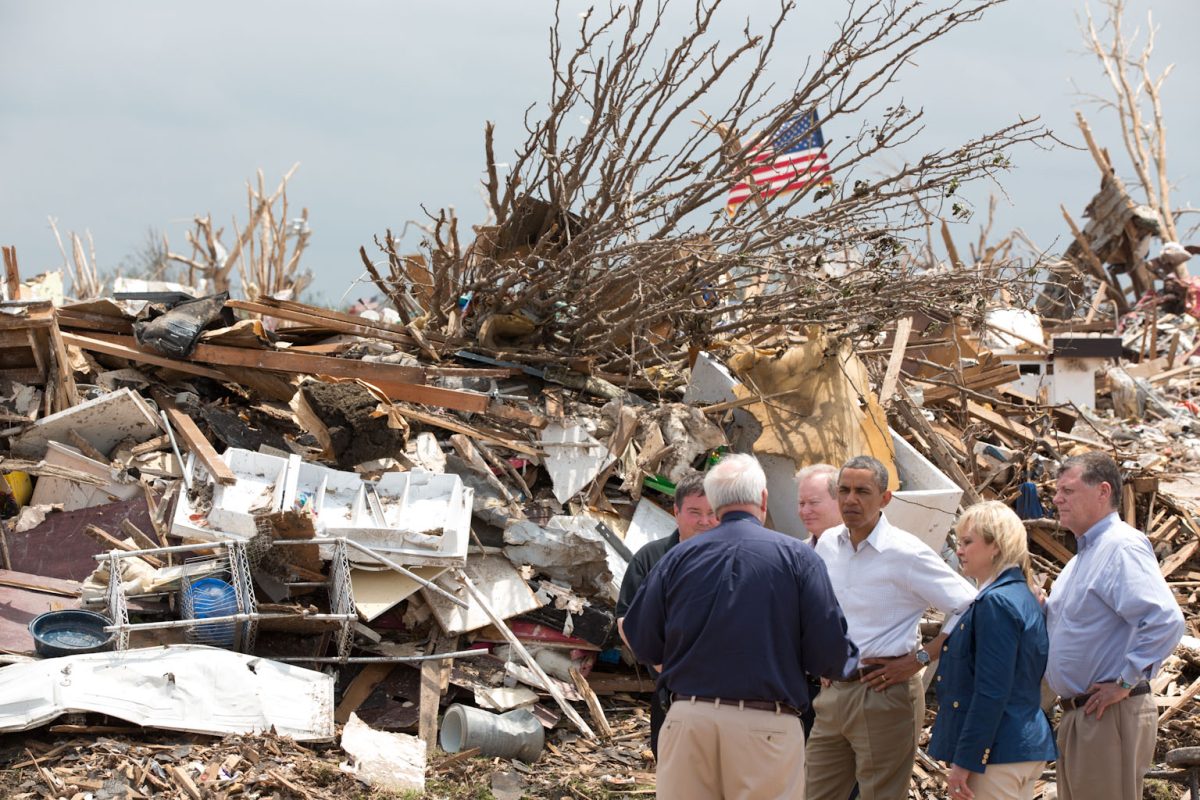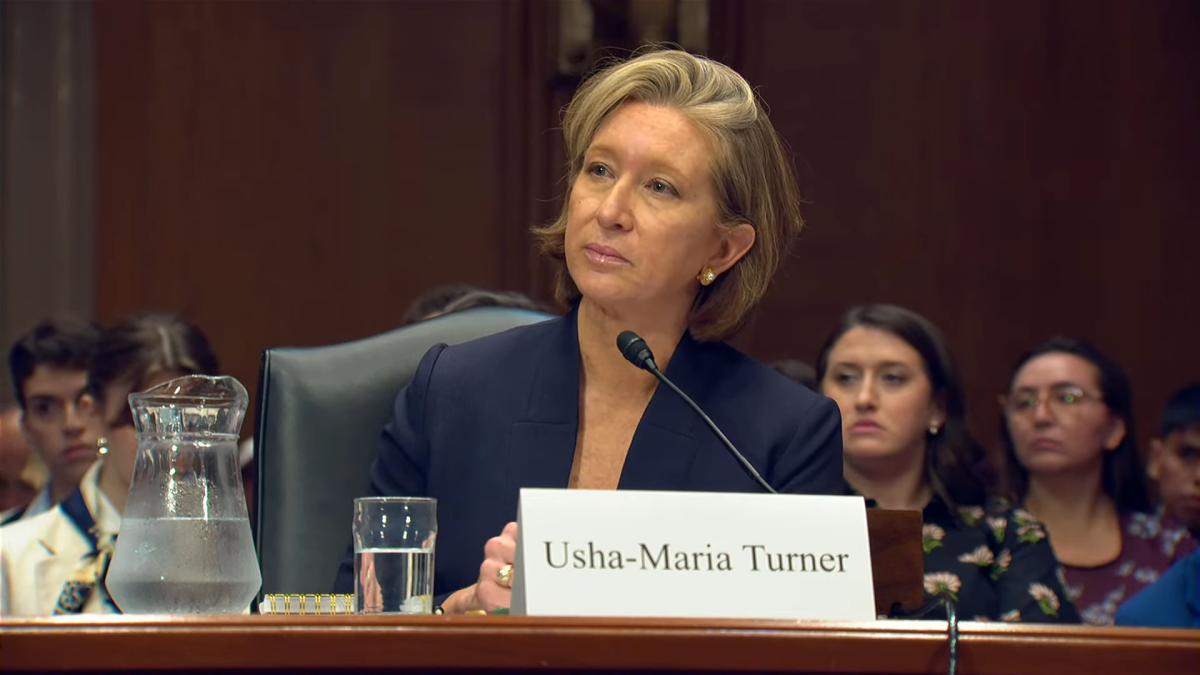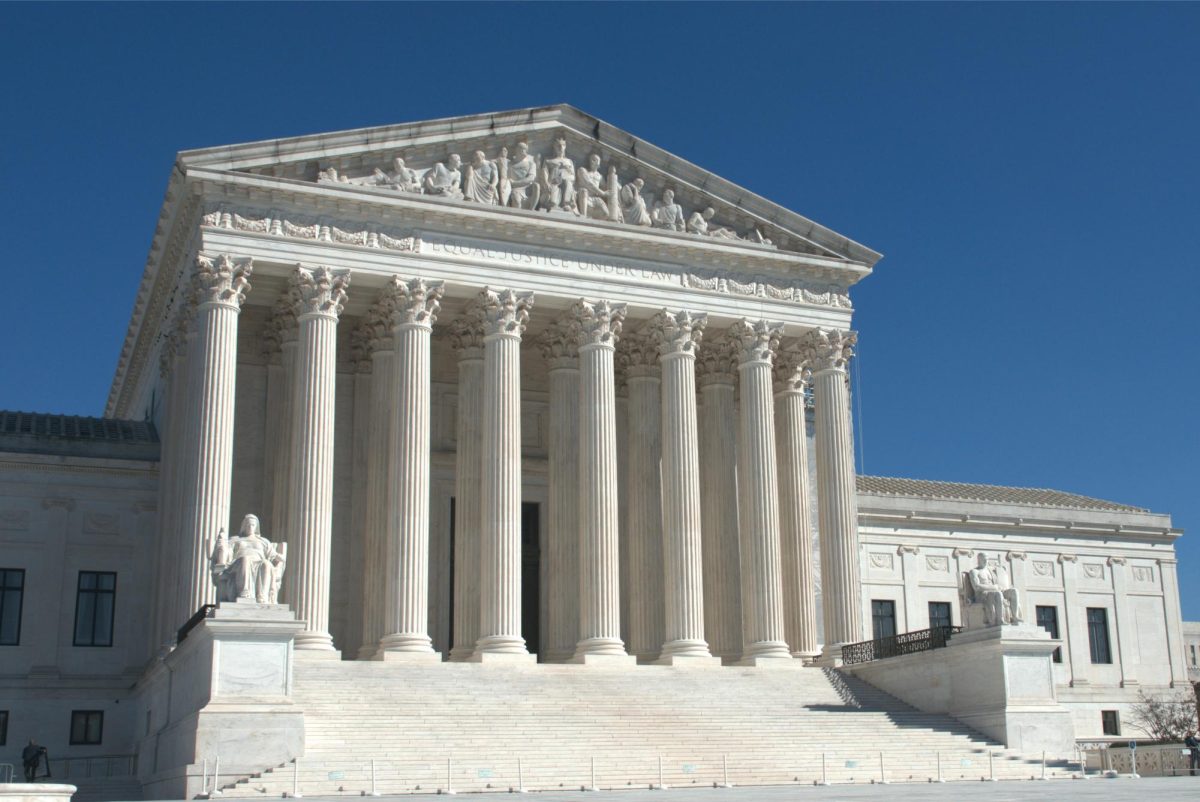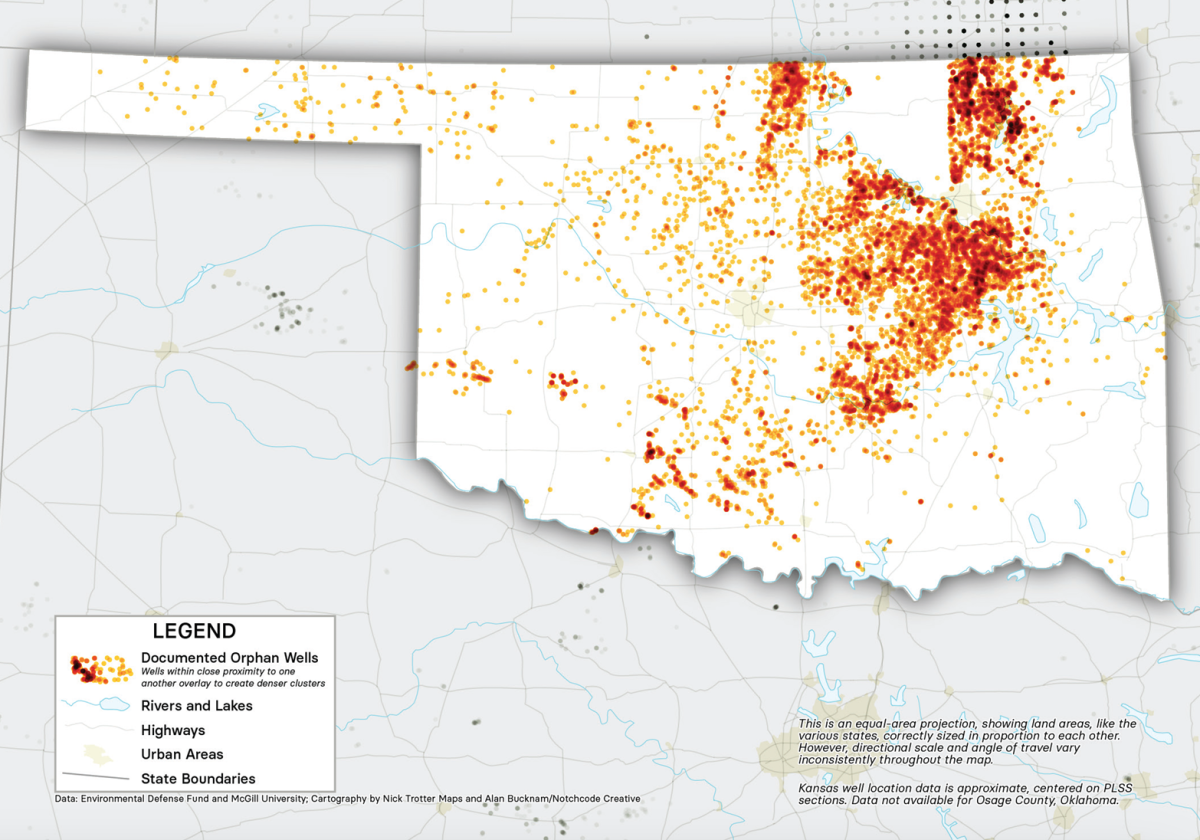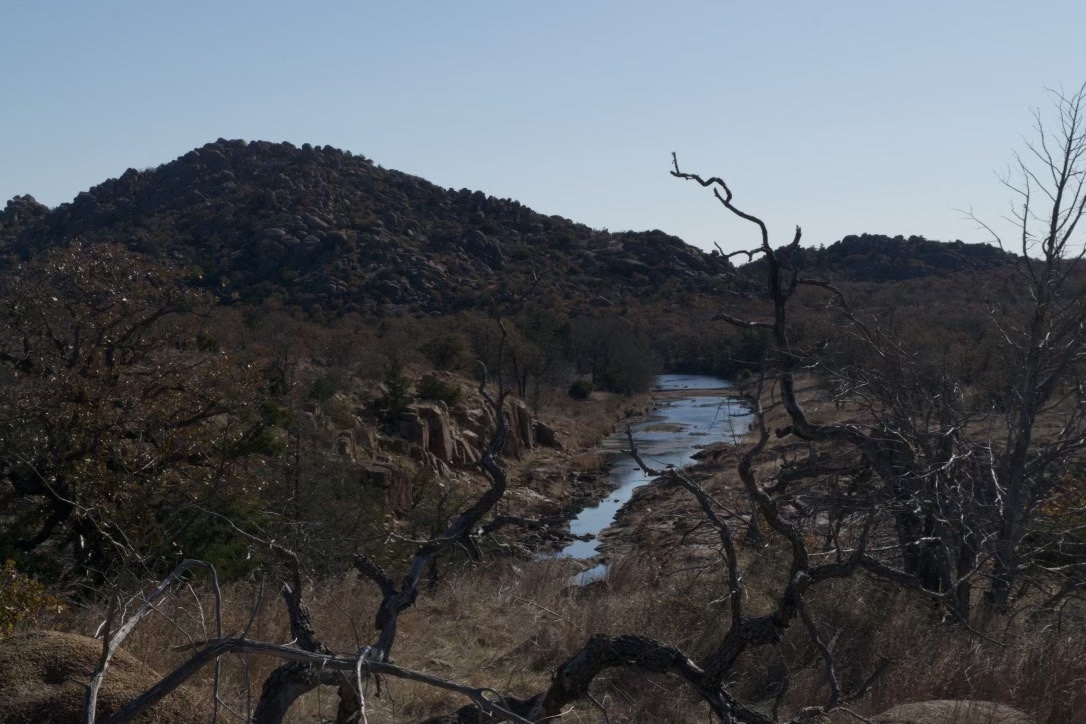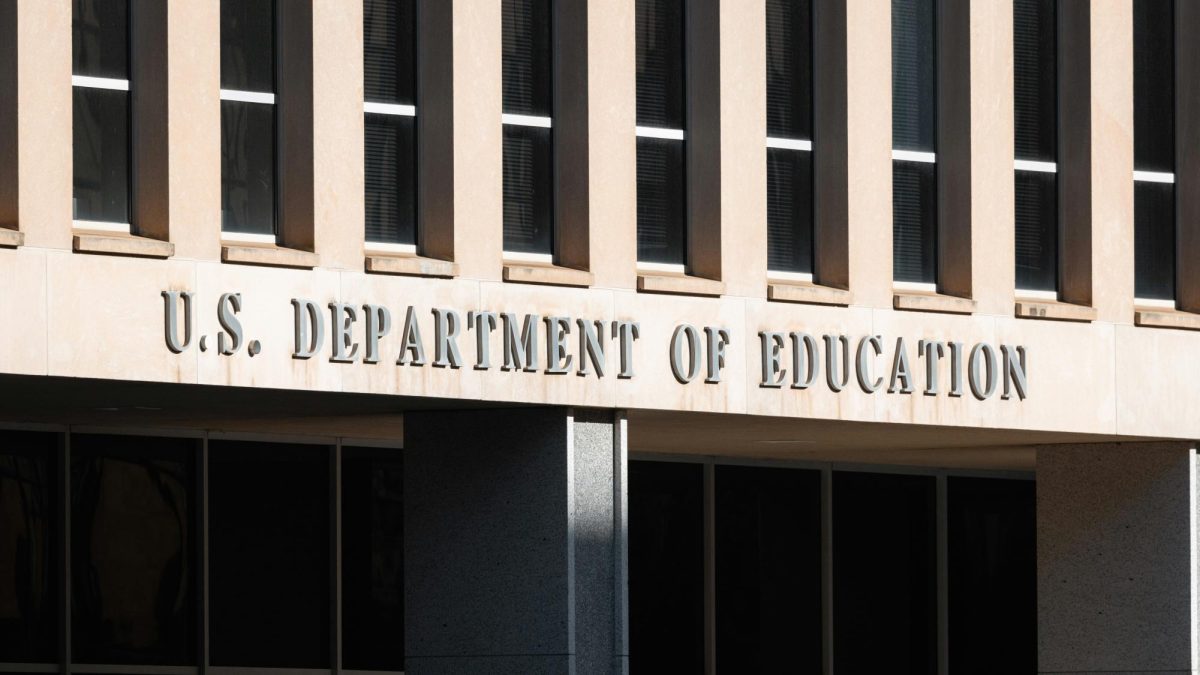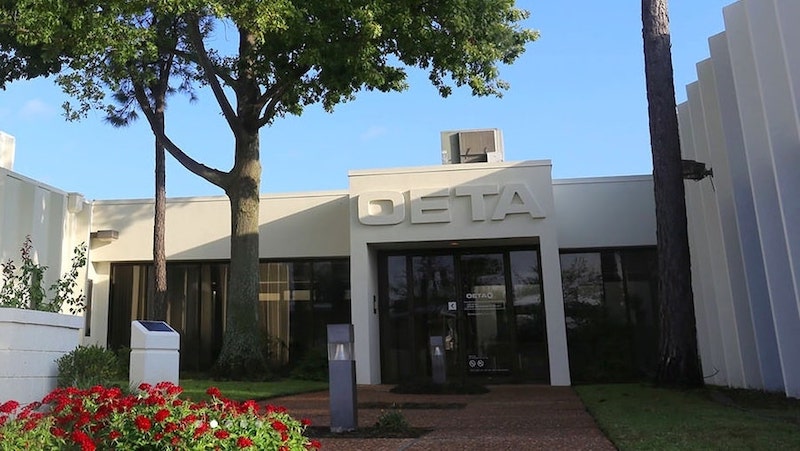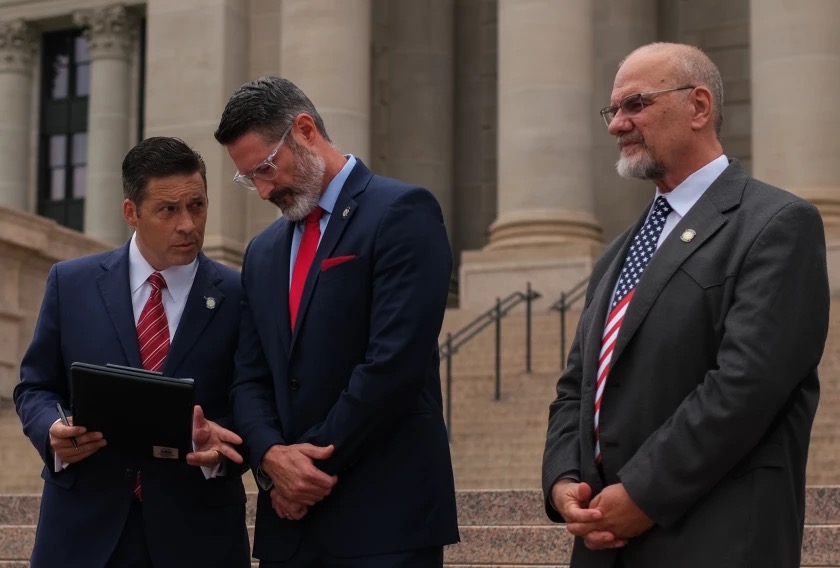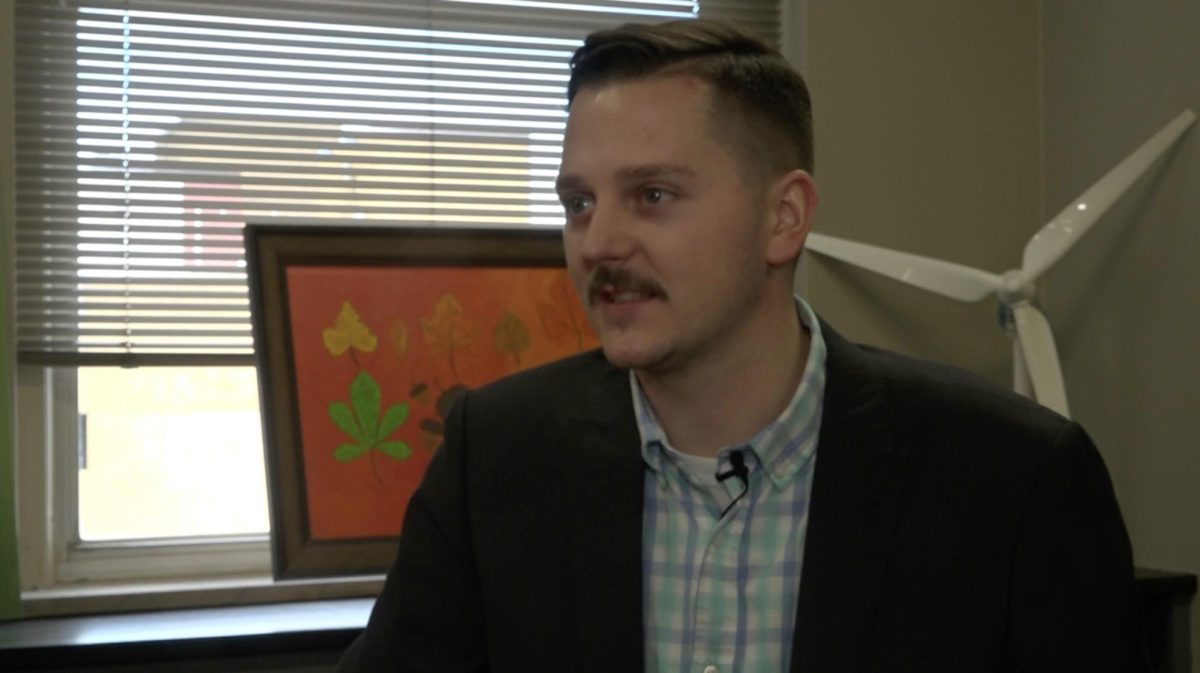Photo by KaraLee Langford
Kendra Horn took steps Thursday to distance herself even further from the left-wing elements of her party by announcing her opposition to a fracking ban.
She said she is opposed to legislation proposed by U.S. Reps. Alexandria Ocasio-Cortez (D, NY) and Darren Soto (D, FL) and Senators Bernie Sanders (D, Vt.) and Jeff Merkley (D, Ore) to halt fracking.
“Business and industry and our communities have to be able to plan,” Horn said. “We don’t just shift everything overnight. They have to be able to plan what is next and build infrastructure around it.”
Her announcement comes two weeks after the Petroleum Alliance of Oklahoma called for Horn to publicly oppose her “parties radical plan to ban the use of hydraulic fracturing.”
“We hope that Rep. Horn will take this opportunity to carefully consider the negative impacts her party’s proposed policies would have on the environment, our national energy security, and the economy of her district,” said David D. Le Norman, Chairman of the Petroleum Alliance of Oklahoma.
It is this brash plan backed by the four left-leaning Democrats that Horn is so opposed to. Horn spoke out against this plan in an interview. Horn, instead, is in favor of working together with lawmakers from across the aisle to ensure the correct steps are taken and sensible action occurs. The key to all this according to Horn: Bipartisan legislation.
“It’s one step at a time, and that doesn’t feel as exciting, but if we just stay stuck we are letting the perfect be the enemy of the good and we are actually falling behind,” Horn said.
As one of the nation’s leading producers of oil and natural gas, Oklahomans should be concerned with this new proposed bill.
H.R. 5867, the Ban Fracking Act, is a bill aimed at ending fracking by the oil and gas industry.
Soto said in a statement the Ban Fracking Act would put an immediate ban on all new federal permits on infrastructure related to fracking as well as an immediate ban on fracking within 2,500 feet of homes and schools by next year.
In 2025, the ban would then become nationwide.
According to the Office of Fossil Energy, hydraulic fracking is used for extracting shale gas, which is primarily used in Oklahoma. “Typically [hydraulic fracking] involves injecting pressurized fluids to stimulate or fracture shale formations and release the natural gas. Sand pumped in with the fluids (often water) helps to keep the fractures open,” the office of Fossil Energy said.
“Fracking is destroying our land and our water,” Ocasio-Cortez tweeted on Feb. 12, 2020. “It is wreaking havoc on our communities’ health. We must do our job to protect our future from the harms caused by the fracking industry. That is why I am proud to introduce the Fracking Ban Act with @RepDarrenSoto today.”
However, the Department of Energy’s Office of Fossil Energy said fracking causes no harm to our water. “If water is used as the pressurized fluid, as much as 20 percent can return to the surface via the well (known as flowback). This water can be treated and reused – in fact, reuse of flowback fluids for subsequent hydraulic fracture treatments can significantly reduce the volume of wastewater generated by hydraulic fracturing.”
There is still research to be done to decide how much damage fracking truly does environmentally. The impact of a ban on fracking has already proven to be damaging.
The Global Energy Institute says hydraulic fracking companies have already created 1.7 million jobs throughout the states and is projected to create over three million more jobs by 2035.
According to Horn, the impact of banning fracking could be devastating economically in Oklahoma specifically.
“It would have dramatic impacts: tens of thousands of jobs in Oklahoma and beyond that, our ability to make sure the United States can rely on our domestic sources of energy consumption and that we are not dependent on foreign sources of oil is a national security issue,” Horn said.
Further, the 2014 study from the Congressional Budget Office (CBO) argued that by the year 2040 natural gas prices will have risen 70 percent if there were no increases in natural gas development using fracking.
“Right now, our infrastructure is based around this, and making dramatic changes overnight not only isn’t sustainable, it impacts our ability to continue to address environmental issues, Horn said.
Horn said she believes the best thing for Oklahomans is taking it step by step, just as the industry has already started doing, by switching from coal to natural gas and implementing clean energy sources such as wind and solar power.
“We have to make sure that when we are making decisions, we do it recognizing we have to invest in the next generation of technology… There are also environmental factors and there are economic factors and jobs. We are talking about the impacts in our communities,” she said.
Gaylord News is a reporting project of the University of Oklahoma Gaylord College of Journalism and Mass Communication.


